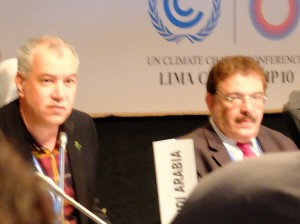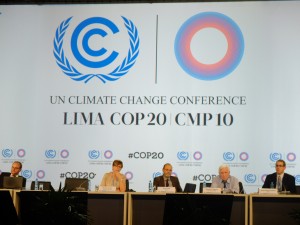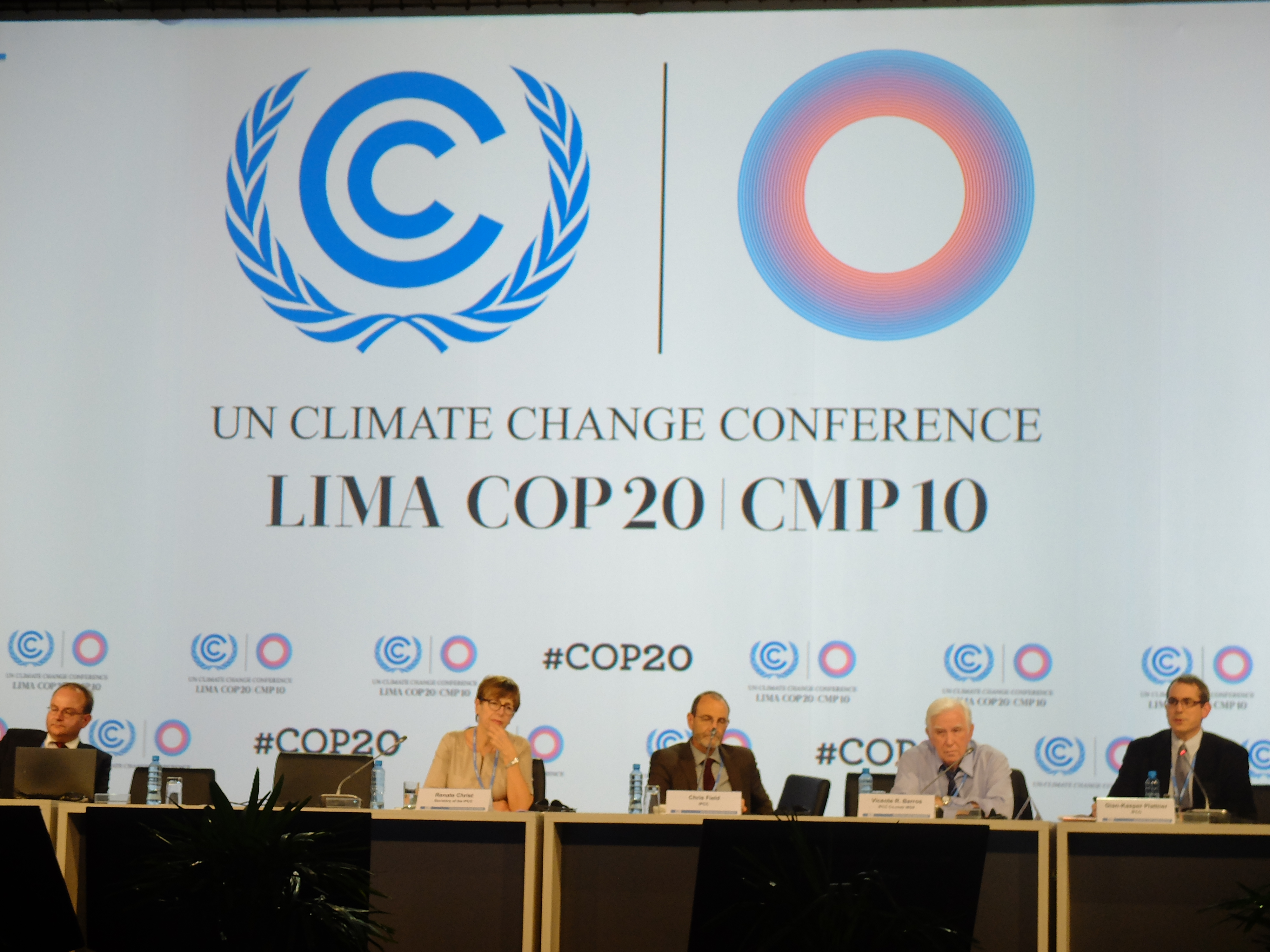
The two most vocal and polarized actors thus far during the 2013-2015 Review have been the Alliance of Small Island States (AOSIS) and Saudi Arabia. They sit on opposite ends of a spectrum from 1.5˚C to obstructing the Review process. For AOSIS, the Review is a priority on their agenda. They advocate for immediate action to meet the 1.5˚C goal with a focus on vulnerable countries such as Small Island Developing States (SIDS) and Least Developed Countries (LDC). They argue that their homeland will be completely destroyed after a 2˚C temperature rise. They see 1.5˚C as a tolerable level in which they can still survive. AOSIS has frequently been the first to comment on any discussion. They are aggressive in advocating for climate action and the reduction of the goal to 1.5˚C. The Saudi Arabians are on the opposite end of the spectrum. This oil soaked nation has been obstructive to the Review process at every opportunity. In a join contact group session with the chair of the Subsidiary Body for Scientific and Technological Advice (SBSTA) the Saudis were able to stifle conversations on a draft text. The text focused around applauding the work of the IPCC in creating AR5.

As an example, the Saudis proposed replacing “the Fifth Assessment Report represents the most comprehensive and authoritative assessment of climate change to date” with “the Fifth Assessment Report represents a comprehensive assessment of climate change to date.” The US, Norway, the EU, and Japan argued back to the Saudis, that the original statement is factually correct. There is no more comprehensive and authoritative assessment of climate change than the IPCC. The delegates from Saudi Arabia are seemingly intervening to slow down the approval of the text and dilute the conclusions drawn by the SBSTA. Every sovereign nation has power in these negotiations, which forces compromise amongst the groups. Compromise leads to dilution of the ultimate text because it approves the least common denominator.

